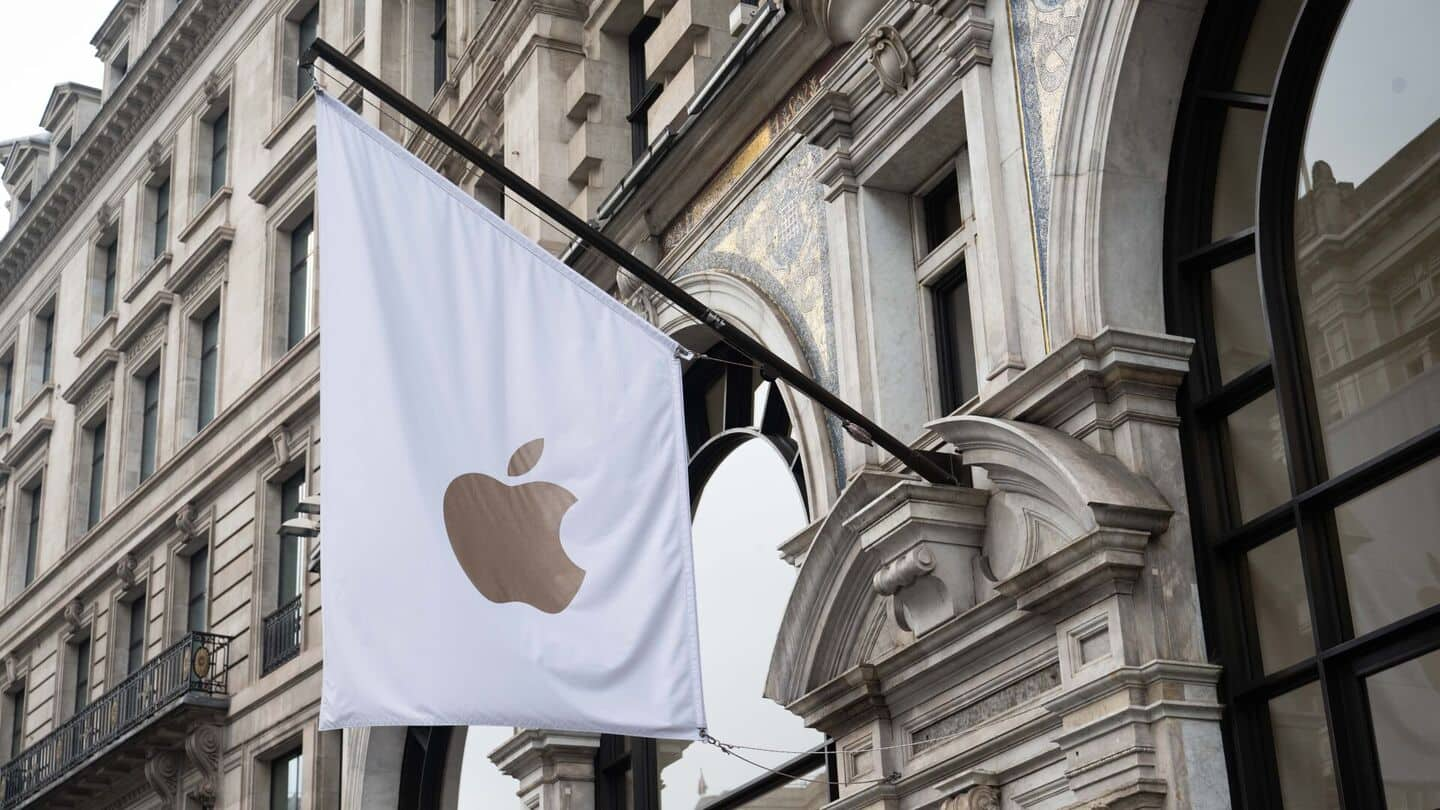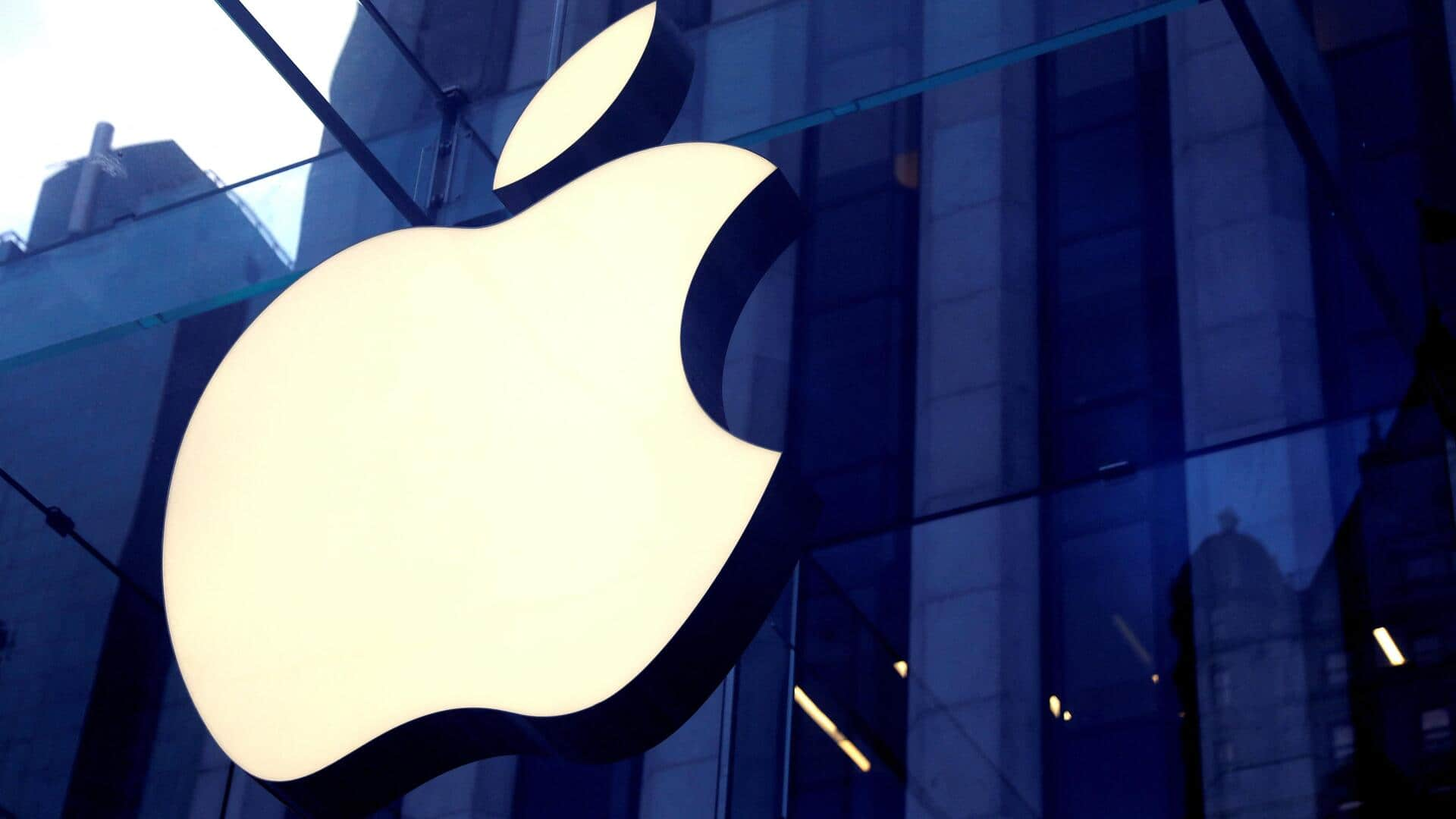
What UK's new ruling means for Apple and Google
The UK's Competition and Markets Authority (CMA) has declared Apple and Google as strategic market status holders, indicating their significant influence over mobile platforms. The ruling could lead to changes in the way both companies operate their app stores. The CMA believes that these tech giants may be limiting innovation and competition, a claim that has drawn strong reactions from both companies. Apple has warned that the CMA's decision could hurt consumers by leading to weaker privacy and delayed access to new features. Meanwhile, Google's competition lead Oliver Bethell called the ruling disappointing, disproportionate and unwarranted, adding that they don't understand the rationale behind today's designation decision. Despite these strong reactions, the CMA clarified it did not find or assume wrongdoing from either company. Will Hayter, the CMA's executive director for digital markets, stressed the importance of a healthy app economy. He said it contributes 1.5% to UK's GDP and supports around 400,000 jobs. This was why it was important for these markets to work well for businesses. The investigation focused on the prominence of Apple and Google's own apps compared to rival ones on their platforms. The CMA found that nearly all UK mobile devices run on Apple or Google's platforms, giving them an effective duopoly in the market. This was further confirmed by Uswitch's analysis which showed that 48.5% of UK users own iPhones (which use Apple's iOS) while most others use Android from Google. The ruling comes after a similar decision in October when the CMA gave strategic market status to Google's search division. The CMA has not yet detailed the exact changes it wants from Apple and Google. However, it has suggested that both companies could be asked to make data transfer easier between their devices, rank apps fairly in their stores, and allow alternative app stores on iPhones. For Android devices, the regulator may ask Google to change how users download apps directly from websites and make alternative app stores more accessible. Apple has warned that the UK could miss out on new features due to tech regulation, similar to what's happened in the EU. The company said it faces fierce competition in every market and works hard to create the best products, services, and user experience. On its part, Google argued that most Android users use alternative app stores or download apps directly from developers' websites.


